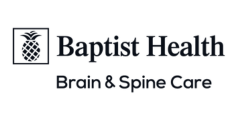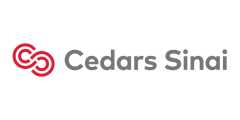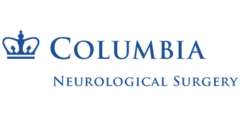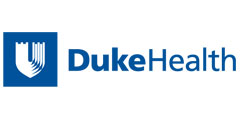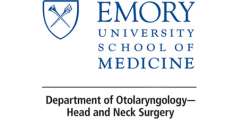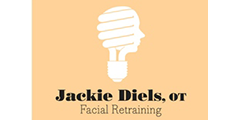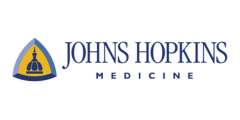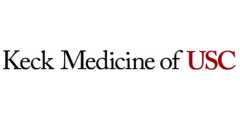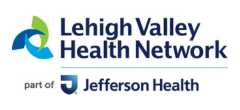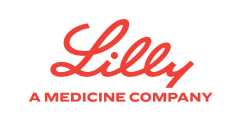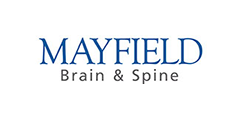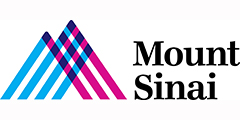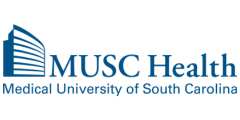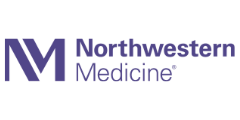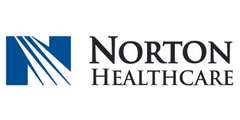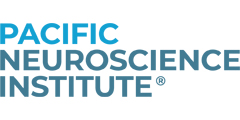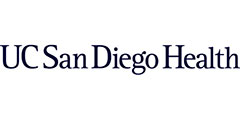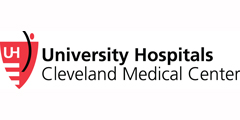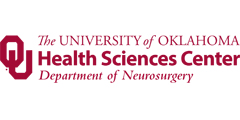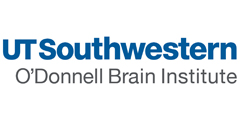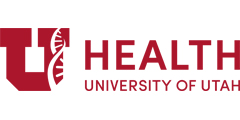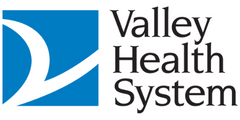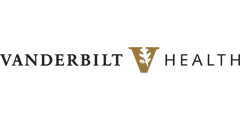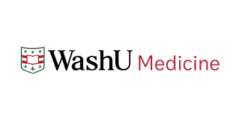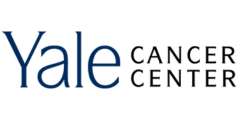- Details
CROSSSD Study: Identifying what is critical and important to measure when evaluating hearing interventions for adults with Single Sided Deafness (SSD)
Nottingham Hearing Biomedical Research Centre
University of Nottingham, UK
Purpose of Study:
The CROSSSD Study group at the Nottingham Hearing Biomedical Research Centre, UK are conducting an international consensus survey aiming to find agreement on what outcomes are critical and important to measure when evaluating interventions for Single-Sided Deafness (SSD). They are interested in opinions from patients diagnosed with SSD as well as expert professionals in the field.
This online survey aims to identify and form agreement on what is most important to measure in research about treatments for Single Sided Deafness (SSD). These most important outcomes will then be included in a Core Outcome Set for SSD. This research is important because it will help to shape and improve future research on treatments for people with SSD.
What do I need to know before I take part?
The CROSSSD study is open to people who have been diagnosed with Single Sided Deafness (SSD) and who have received or considered trying a treatment for your SSD, and it is also open to people with professional experience with SSD (e.g. clinicians, researchers, etc.).
The deadline to participate is November 20, 2019.
If you would like to take part, please visit:
https://delphimanager.liv.ac.uk/CROSSSD/Delphi
To take part you need to register on the study website. When you register, we will ask some questions about you. The data collected from these questions will tell us about the different backgrounds of participants who completed the survey. In turn, this information will help us understand the results. Any information you provide will only ever be reported anonymously and will be grouped with respondents who have a similar background to yourself.
Once you register you will be asked to score a total of 44 outcomes on a 1-9 importance scale. This should take approximately 30 minutes. A similar questionnaire will be re-distributed for completion in a few weeks.
Forming a ‘core set’ of outcomes that are important to both patients and professionals will have applications in guiding the use of outcome measures in clinical trials. Ultimately this will reduce research waste and will improve decision making for hearing aids or auditory implants recommendations for SSD.
If you need more information, please contact
Roulla.Katiri@nottingham.ac.uk.
nottingham.ac.uk/research/groups/hearingsciences/index.aspx
- Details
- Details
Join the ANA Community
Thousands of acoustic neuroma patients and caregivers understand the value of a membership in the ANA. In return, we value our members by providing up-to-the-minute content, support and educational programs, and access to our quality volunteers.
Membership benefits:
- NEW* - Connect with ANA Staff
- A subscription to our quarterly Notes newsletter, offering the latest medical information on acoustic neuroma, patient stories, volunteer opportunities and more
- Access to the ANA Webinar Program, featuring medical professionals speaking on topics like current treatment trends, emotional and cognitive issues, acoustic neuroma research, balance, facial and eye issues, coping mechanisms, etc.
The opportunity to submit your questions ahead of upcoming webinars. - Access to the member section of the ANA website, which includes:
- Patient information booklets on AN-related topics
- Q & A with Providers Video Library
- Webinar Library – past presentations on multiple topics
- Newsletter Library – archived issues, both current and past
- Nationwide Network of Peer Mentors – contact and treatment information
- Advance registration for ANA Patient Events, updates on AN news including research, upcoming events and important information and invitations to support group meetings, special events and other opportunities in your area
Now you can avoid a lapse in your annual ANA membership by joining our Membership Renewal Program. This program will auto-renew your membership at the same time each year. We will send a reminder one month prior to renewal that your credit card will be charged on your renewal date.
You can opt-out at any time by calling our office at (678) 968-4705 or email support@anausa.org.
This site is secure for credit card transactions.
Personal information gathered here is used only to mail a quarterly newsletter, inform members about support group meetings and send other official ANA mailings. Names are not used for any commercial purposes and the data is not sold. Member names are not shared with other members without first asking permission.
- Details
Contact Us
Questions or comments? You can always reach us at volunteers@anausa.org or 678-968-4705.
- Details

My acoustic neuroma greeted me with a bang. I was commuting home from work on the train one early evening when I was hit with a huge case of vertigo. How I got home that night is a miracle.
You know the rest – the ENT, audiologist, MRI and back to the ENT for the diagnosis. I quickly found ANA on the internet, and began to build a support system (without actually realizing it at the time).
Since I had a small, 4mm tumor, I decided to wait and watch. The first 18 months or so were a nightmare. I began to have severe headaches every day. My quality of life was terrible, and I began to withdraw from much of my personal life as I just wanted to sit home. I couldn’t function normally with the headaches.
I decided I would leverage all the information I was getting and people I was meeting from my ANA contacts – the Willing to Talk List, my local ANA/NJ support group and the ANA symposium, and select three experienced doctors to try to understand why my very small AN was giving me such terrible headaches. Maybe despite the tiny size of my tumor I’d get surgery anyway.
With the help of all my ANA contacts, I was fortunate to identify and visit three terrific doctors I could have confidence in. Selecting and visiting them was a major undertaking, but after a year or more of terrible headaches the mission was worth the effort. I had no choice!
From these doctors I learned my headaches had nothing to do with my AN, but were in fact an allergic reaction to the high blood pressure medication I had started taking at about the same time as my diagnosis. (The culprit was a compound called amlodipine.) I changed medication and the headaches vanished immediately!
It hasn’t all been smooth sailing since, but the bouts of vertigo have diminished, and the balance challenges have been manageable. I feel very indebted to ANA. They enabled me to cope with a really difficult situation – both physically and mentally. Their programs and services made all the difference in the world.
It is for this reason that I joined the ANA Board of Directors, contribute to their fundraising every year and have made a bequest to ANA in my will. Without ANA I certainly would not have been able to cope so successfully with my circumstances.





